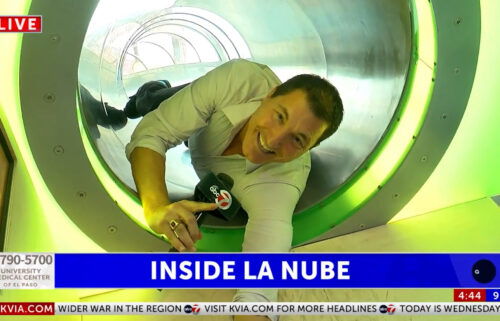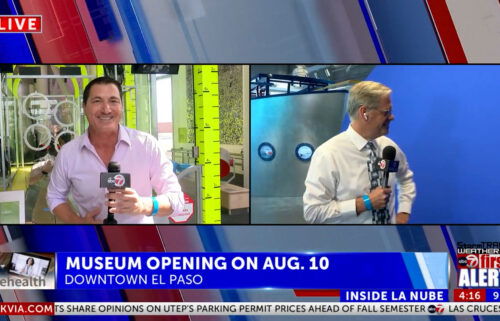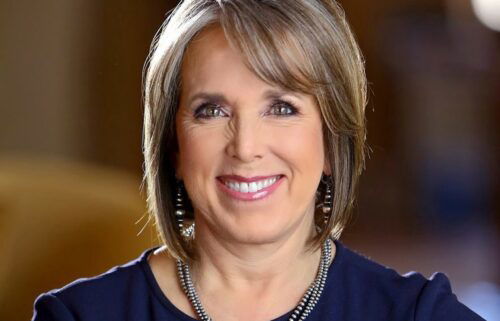Man receives first minimally invasive double-lung transplant in US
Click here for updates on this story
LOS ANGELES (KCAL, KCBS) — A Huntington Beach man has had a second chance at life after he received the nation’s first ever minimally invasive double-lung transplant.
57-year-old Frank Coburn was beginning his second chapter, enjoying life with his loving bride of more than 30 years, and the success of his two adult daughters, when the avid biker started experiencing shortness of breath.
57-year-old Frank Coburn was beginning his second chapter, enjoying life with his loving bride of more than 30 years, and the success of his two adult daughters, when the avid biker started experiencing shortness of breath.
Coburn needed a set of new lungs. His name was eventually added to a transplant waiting list. Five days later, he received a call for a match. He admits he worried more about his appearance post-surgery than he was about the procedure itself.
“I was concerned about the scar, I typically go shirtless, I ride shirtless often,” Coburn said.
To his surprise, cardiothoracic surgeons at the Cedars-Sinai Smidt Heart Institute in Los Angeles had a plan.
“Frank had in-stage lung failure,” Cardiothoracic surgeon Dr. Pedro Catarino said.
“Typically, lung transplantion is done through a much bigger incision, an incision called a clamshell incision, that goes from one armpit, across the breastbone, to the other armpit,” Catarino explained.
The surgery involves breaking the breastbone into two pieces and requires patients to rely on a heart-lung machine. To avoid that, Dr. Catarino and his team used a technique developed in Germany that requires an incision between the ribs not much longer than a drivers license.
“We call it a credit card type incision,” Catarino said.
“We have been able to reduce the size of the lung transplant incision progressively, so that we can now do it through a really quite small incision with special instruments which are designed for minimally invasive surgery,” Catarino explained.
Welcomed news for a patient making history in a way he never might have imagined.
“I can live, I can breathe,” Coburn said. “I just consider myself highly lucky, highly fortunate that they did this on me,” he added.
It’s been a little more than six weeks since the transplant. Coburn looks great and is getting better by the day.
Please note: This content carries a strict local market embargo. If you share the same market as the contributor of this article, you may not use it on any platform.




